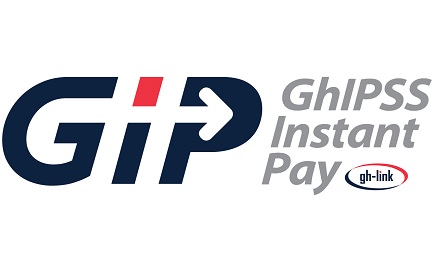GhIPSS hosts Kenyan Central Bank on study tour, promoting collaboration in Payment Systems Development

The Ghana Interbank Payment and Settlement Systems Ltd (GhIPSS) recently hosted a seven-member delegation from the Central Bank of Kenya on a study tour aimed at exploring how Ghana has modernised its payment systems. Led by Mr Gerald Nyaoma, the Deputy Governor of the Central Bank of Kenya, the team visited Ghana from 17th to 21st March 2025, spending time at the Bank of Ghana and GhIPSS to learn about innovations that have transformed electronic payments in the country.
Under the leadership of Mr Archie Hesse, GhIPSS has rolled out multiple electronic payment systems that have significantly reduced Ghana's reliance on cash transactions. These include the introduction of Near Real-Time Payments on the clearing platform, Ghana’s instant payment system (GIP), Mobile Money Interoperability (MMI), GhQR, the GhanaPay mobile money service, and other services that have enhanced convenience and financial inclusion.
As part of the study tour, GhIPSS exchanged knowledge on Ghana’s interoperability journey, the operations of the instant payment system, the governance and ownership of instant payment platforms, and the collaborative efforts with partner banks on GhanaPay implementation and usage. The discussions provided insights into how Ghana’s payment system functions and the key factors driving its success.
Kenya, a pioneer in mobile money through platforms like M-Pesa, has a robust mobile money ecosystem. However, Ghana is one of the leaders in terms of the diversification of payment platforms.
Ghana's strides in payment interoperability, which allow seamless transactions across different mobile networks and financial institutions, offer valuable lessons for Kenya. The visit presented an opportunity for both nations to exchange ideas on improving their payment ecosystems and responding to the evolving needs of their populations.
The exchange of knowledge between Ghana and Kenya in payment systems development holds numerous benefits for both countries. Enhanced payment systems boost financial inclusion, economic growth, and digital innovation. By adopting best practices from Ghana, Kenya can further improve the reach and efficiency of its payment platforms, ensuring that more people can access secure, convenient, and affordable financial services.
In a statement, Mr Archie Hesse, the CEO of GhIPSS, highlighted the mutual benefits of the exchange: "We are thrilled to host the Kenyan delegation and engage in meaningful discussions about advancing payment systems across our countries. The collaboration between Ghana and Kenya offers a unique opportunity to explore how we can build more robust, diversified, and interoperable payment ecosystems to serve the evolving needs of our populations."
The shared knowledge and insights will undoubtedly influence future policies and innovations, helping both nations remain at the forefront of the ongoing digital transformation of Africa’s financial sector.

